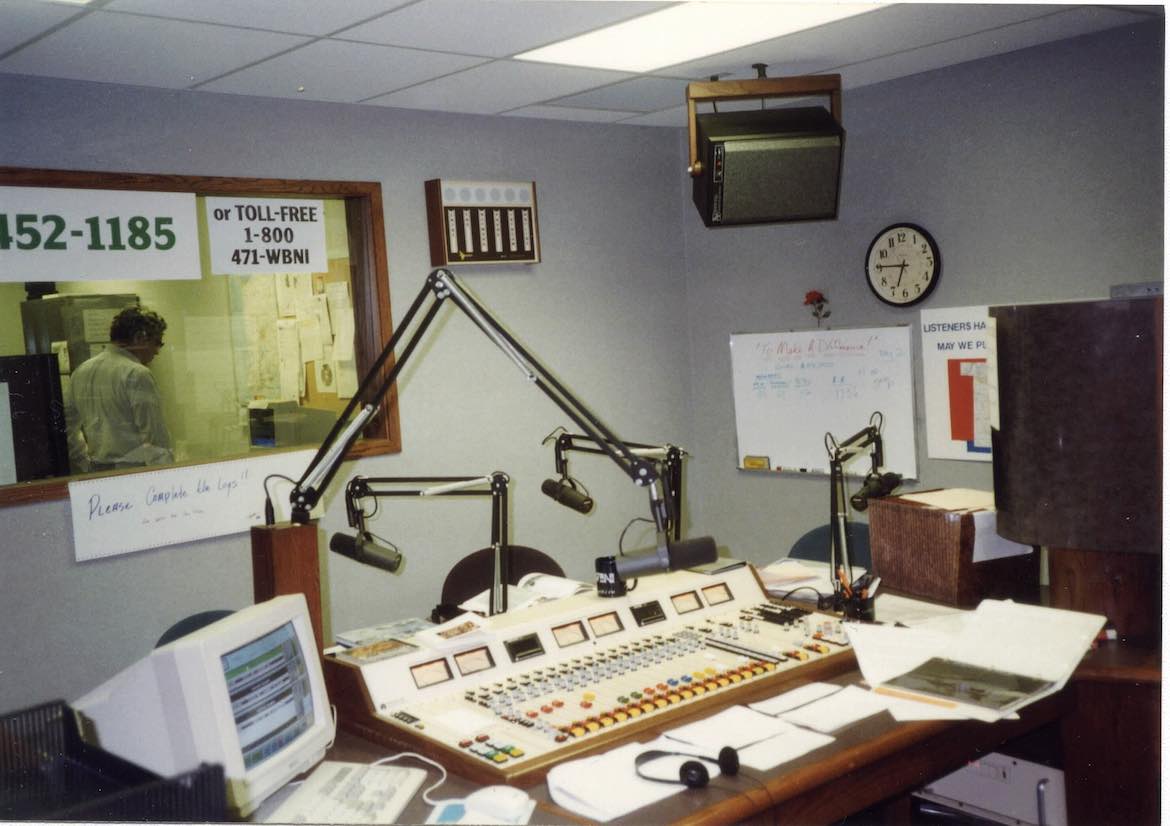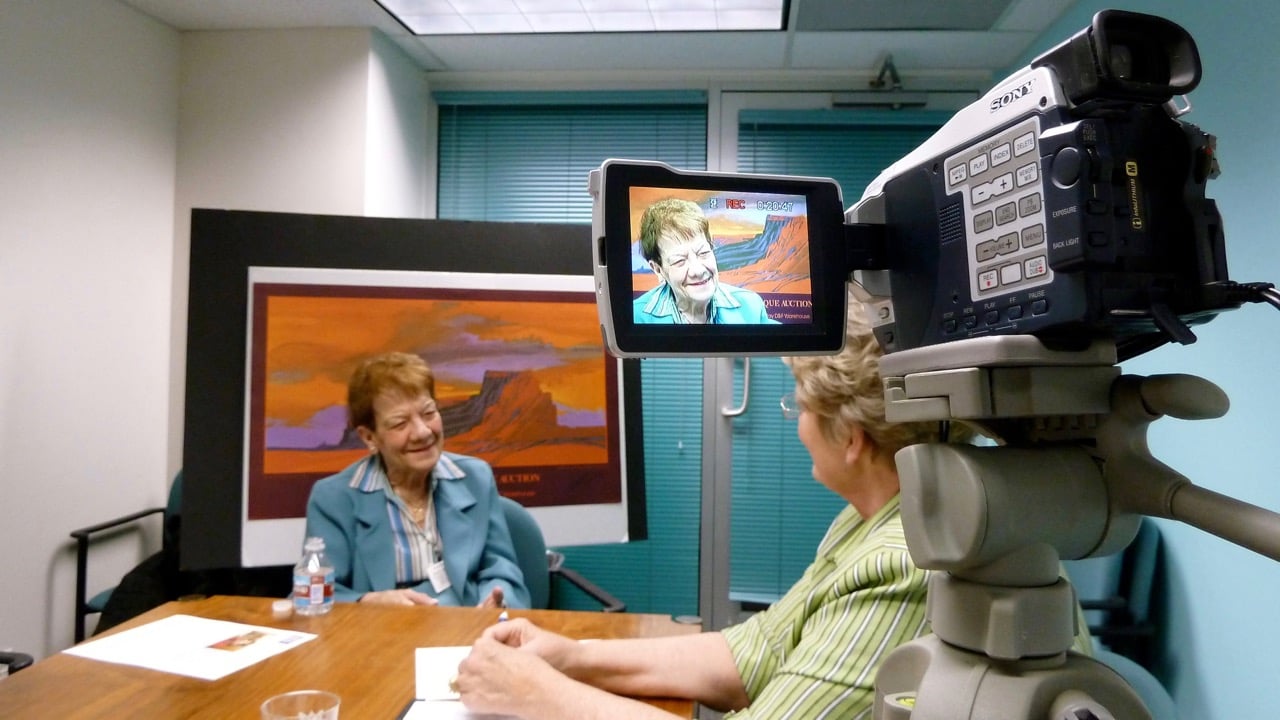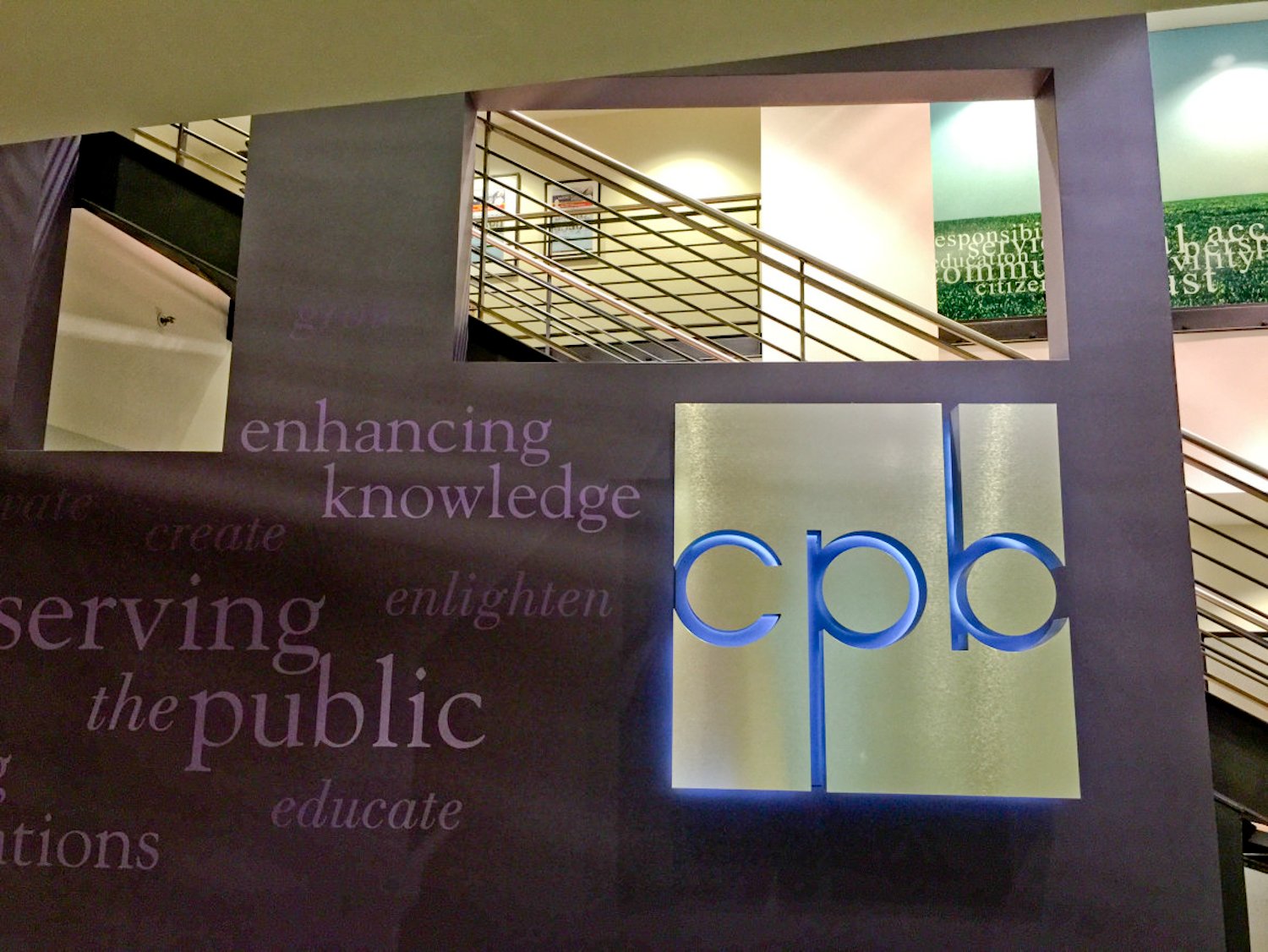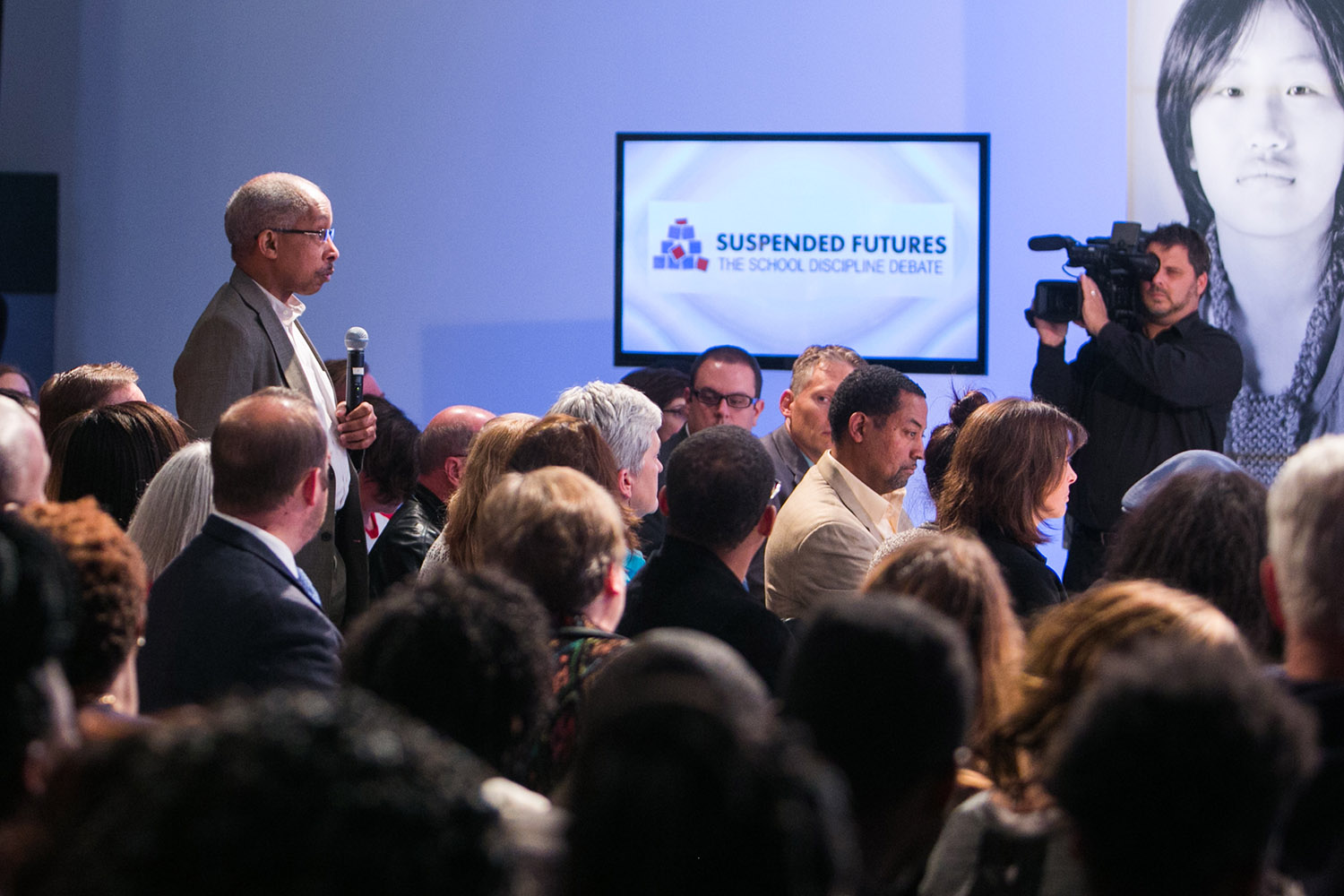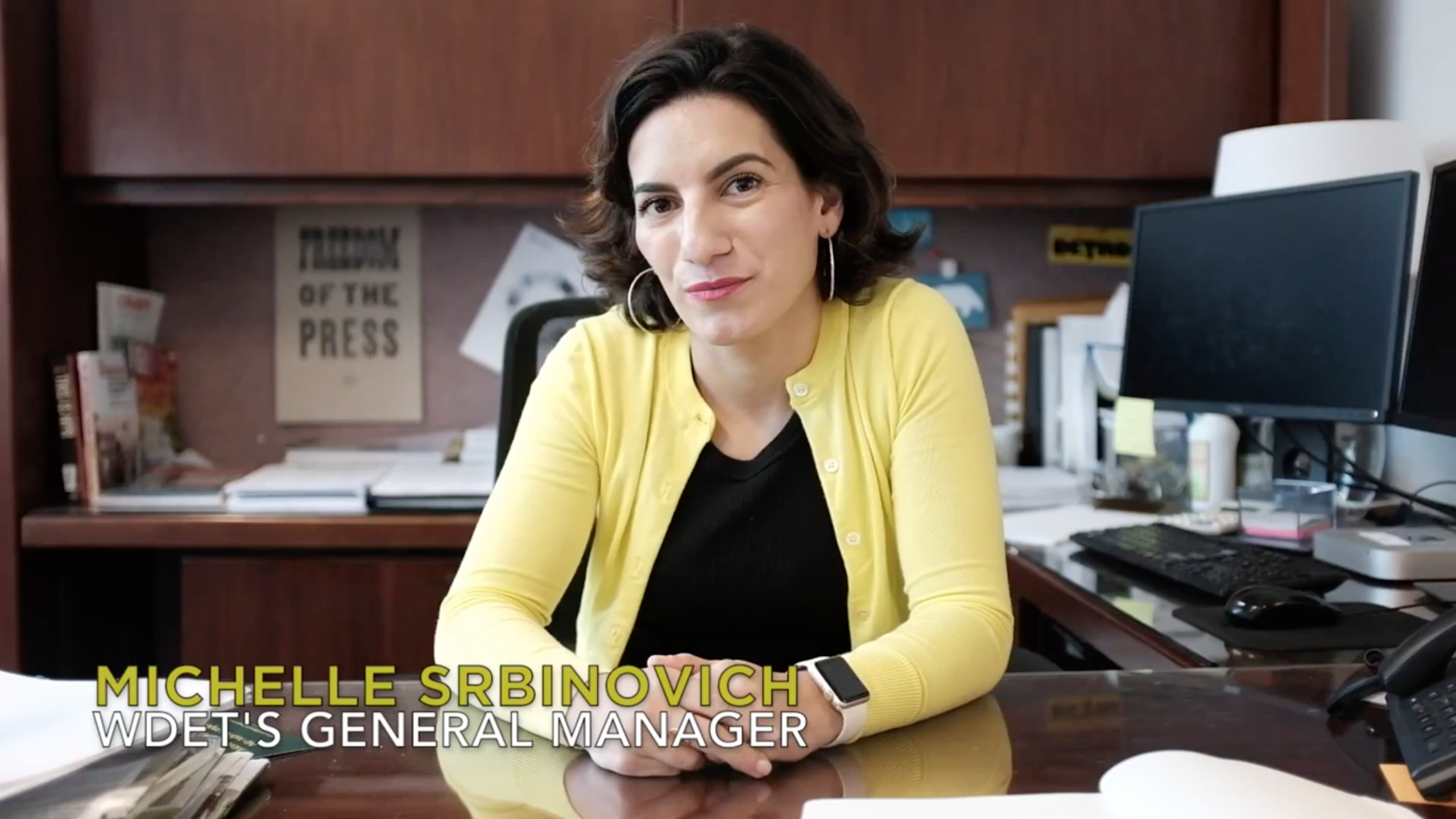System/Policy
Book by former NPR CEO expands on liberal ‘groupthink’ at network
Ken Stern's treatment of NPR in "Republican Like Me" goes beyond his recent op-ed that riled some in public media.FCC Republicans strike down studio rule that had mixed support from pubmedia
While NPR and others argued the rule was burdensome, some college and community broadcasters argued for its preservation.As pubmedia enters ‘populist’ phase, public trust is system’s greatest asset
"The challenge for this period is fusing the strengths and public support of traditional public media with the energy and competencies of ...Utah’s KBYU to drop PBS membership in radio, TV consolidation
BYU Broadcasting says it produces “original programming the entire family can enjoy together.”Gary Knell: Pubmedia’s commitment to local audiences must transcend lip service
As public media heads into its next 50 years, shifting strategies to focus on content "will require a hard turn and painful ...To become managers, journalists must let go of independent mindset
Trainers Judith Smelser and Mike Marcotte discuss the new skills required when a reporter moves into a leadership position.Laura Walker: Public media can be ‘a haven from divisive rhetoric’
"Public media is especially crucial now, both to seek objective truth and to envision a sustainable model for the future of local ...Colorado station builds vast archive of its history, helps others preserve theirs
Established in 2000, Rocky Mountain Public Media's archive grew from the volunteered work of more than 200 community members.Broadcasters, nonprofits send help to Puerto Rico
Public broadcasters are sending equipment and engineers to the hurricane-ravaged island this week, while nonprofits and foundations are organizing to combat government ...Judge rules against Pacifica, WBAI in $1.8M lawsuit
The Empire State Realty Trust sued Pacifica and WBAI over unpaid transmitter rent.CPB Board wants new approach to setting TV Community Service Grants
Vice Chair Bruce Ramer suggested starting with “a blank slate” on determining station CSGs.CPB inspector’s office asks for clarity in station accounting guidelines
Some institutional licensees are hitting snags in accurately calculating the value of indirect support.Organizational changes are first steps on public media’s path toward engagement
Start by thinking critically about your station's culture, then take the time to build a staff-wide commitment and approach to engagement that's ...State funding dip prompts job cuts at Prairie Public Broadcasting
The $400,000 drop affects 13 full- and part-time positions.Unexpected funding cut raises stakes for WDET’s fall drive
The Detroit station aims to raise double what it brought in during last fall’s drive to make up revenue it is losing ...



